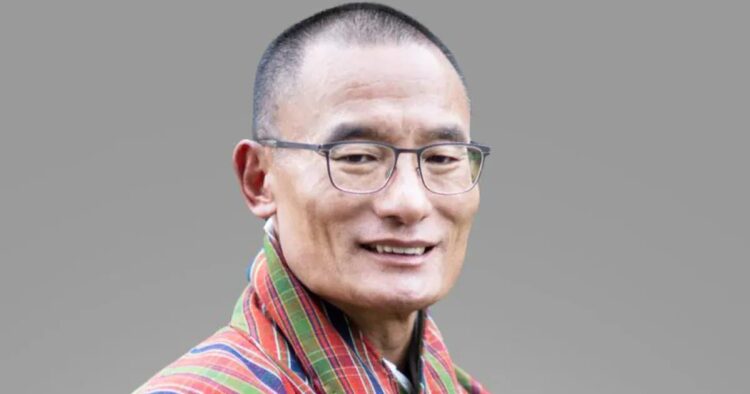In the recent parliamentary elections in Bhutan, the People’s Democratic Party (PDP), led by former Prime Minister Tshering Tobgay, emerged victorious. Preliminary results indicate that the PDP secured 30 out of 47 seats, positioning Tobgay for a return to the Prime Minister’s office for a second term. The Bhutan Tendrel Party (BTP) captured the remaining 17 seats.
Bharat Prime Minister Narendra Modi extended his congratulations to Tobgay and the PDP via social media, expressing anticipation for continued collaboration and strengthening of the friendship between the two countries.
Tobgay’s Political Journey and Noteworthy Win
Tshering Tobgay, a 58-year-old conservation advocate, has a remarkable political journey in Bhutan. He previously served as Bhutan’s Prime Minister from 2013 to 2018 and was the leader of the opposition in Bhutan’s inaugural parliament in 2008. His impending return reflects the electorate’s trust in his vision for the country’s future.
The elections in Bhutan, a landlocked nation with around 800,000 people, saw dedicated voter turnout, with some facing challenging journeys through the Himalayas to exercise their democratic rights.
Dramatic Shift in Bhutan’s Political Landscape
The election marked a significant shift in Bhutan’s political landscape, with the Druk Nyamrup Tshogpa (DNT), the party in power in 2018, receiving only 13% of the votes and failing to advance past the first round. This outcome signals a notable change in voter preferences.
Since adopting electoral democracy in 2008, Bhutan has seen significant political evolution, and the king remains immensely popular in this Buddhist-majority country.
Strategic Significance Amidst Geopolitical Tensions
The election results hold strategic significance in the context of geopolitical tensions, particularly with the contested border with China. Bhutan’s changing political leadership draws attention from both Bharat and China, with concerns about China’s encroachments into Bhutanese territory and attempts to establish diplomatic ties.
Bharat, historically closely tied to Bhutan, closely observes developments, fueled by worries about the Chinese presence along the border and the recent cooperation agreement between Bhutan and China.
Bhutan-Bharat Relations and Shared Concerns
Bhutan’s historically special relationship with India, evident in policies and economic ties, highlights the interdependence between the two nations. Recent developments, including the Bhutanese King’s visit to India in November 2023, emphasize the enduring positive aspects of the relationship.
India’s role as the de facto security guarantor for Bhutan remains pivotal, with deep-rooted historical bonds characterized by mutual understanding and trust. The evolving dynamics present an opportunity for both countries to reassess and strengthen their partnership across diverse sectors for regional stability, security, and shared prosperity.

















Comments